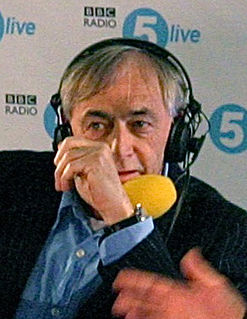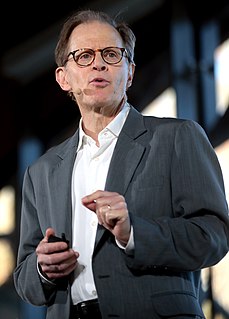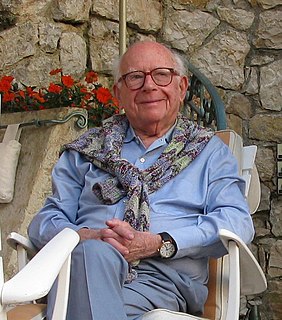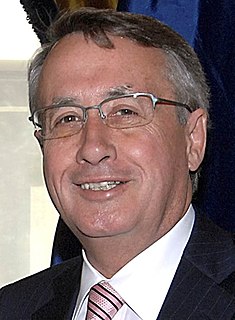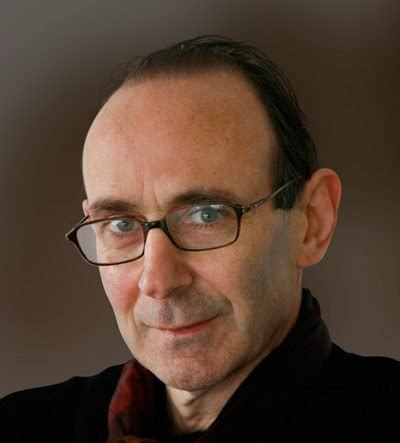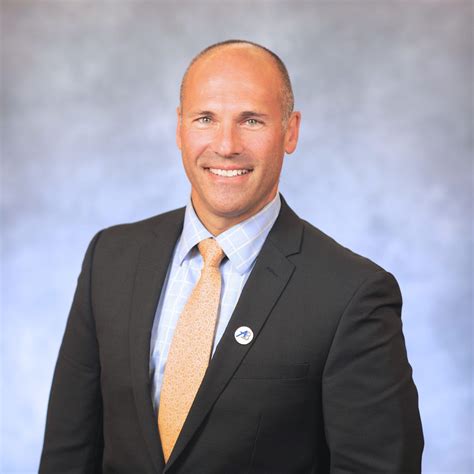A Quote by Jens Martin Skibsted
It is widely accepted and understood that consumer decisions are as much influenced by emotional attachments to a product or service as by factors like price and performance. So why is it that when it comes to most aspects of human transportation, the world still seems to believe people are rational machines?
Related Quotes
At the most basic level, therefore, secure attachments in both childhood and adulthood are established by two individual's sharing a nonverbal focus on the energy flow (emotional states) and a verbal focus on the information-processing aspects (representational processes of memory and narrative) of mental life. The matter of the mind matters for secure attachments.
I am convinced that if the market system were the result of deliberate human design, and if the people guided by the price changes understood that their decisions have significance far beyond their immediate aims, this mechanism would have been acclaimed as one of the greatest triumphs of the human mind.
I still believe in the resilience of the human heart and the essential validity of love;I still believe that connections between people can be made and that the spirits which inhabit us sometimes touch. I still believe that the cost of these connections is horribly, outrageously high... and I still believe that the value received far outweighs the price which must be paid. (From introductory notes.)
We should simply accept the fact that the way machines make decisions is different, and rather look at the result. If machines are providing results that we are looking for, you would mind how much human understanding was used in the process. And more likely we should look for the way of combining human skills and machine skills. And that, I believe, is the future role of humanity, is just to make sure it will be using this immense power of brute force of calculation for our benefit.
Steve Jobs did not start started Apple as a scam. But he understood early on the power of marketing. The idea of the computer as a bicycle for the human mind - I think that was something he believed. He believed in making people comfortable with these machines, which is why he spent so much time thinking about how to design them a certain way, how to make them so user-friendly and interactive, and why he spent so much time studying the Zeitgeist.

